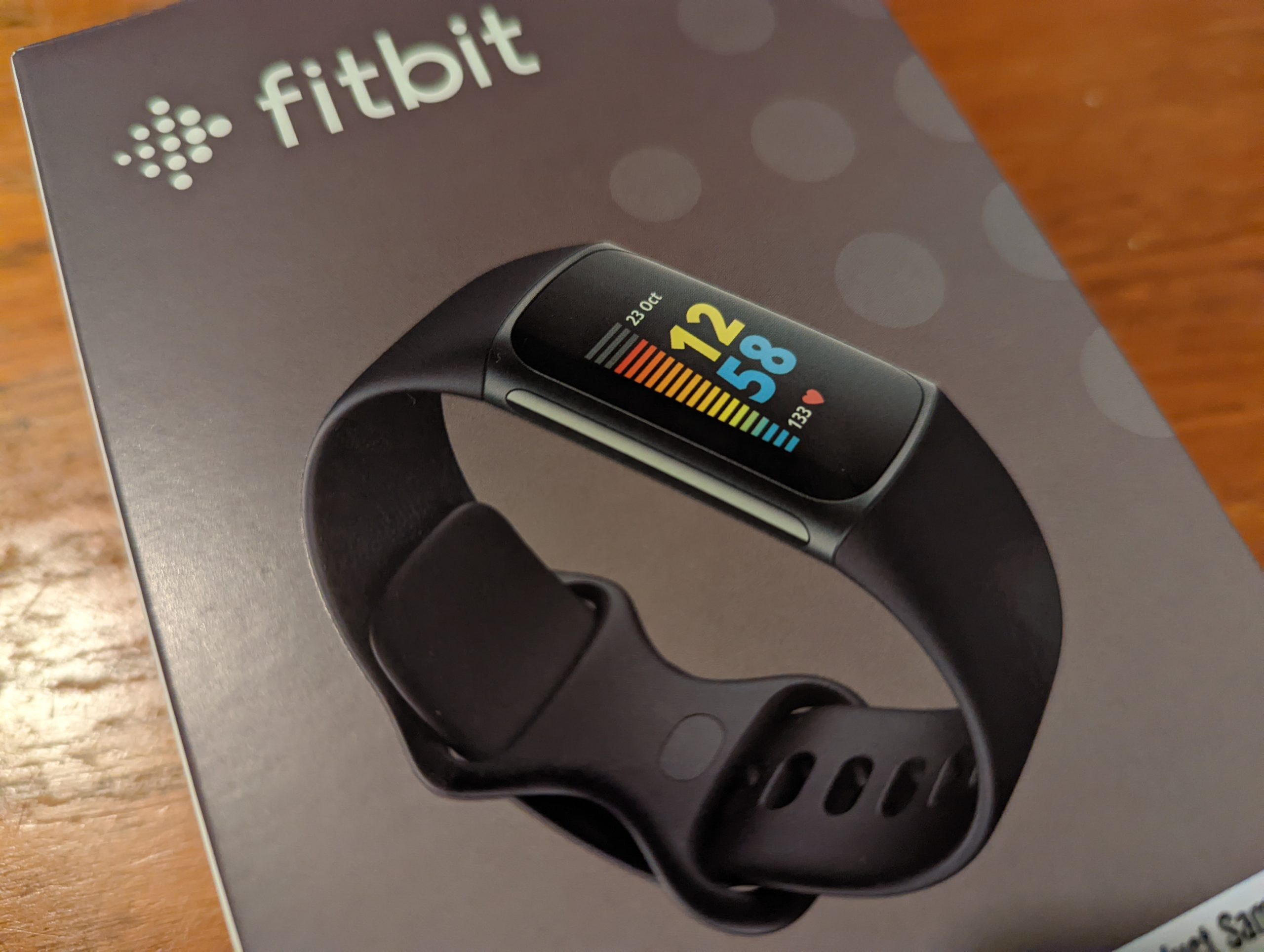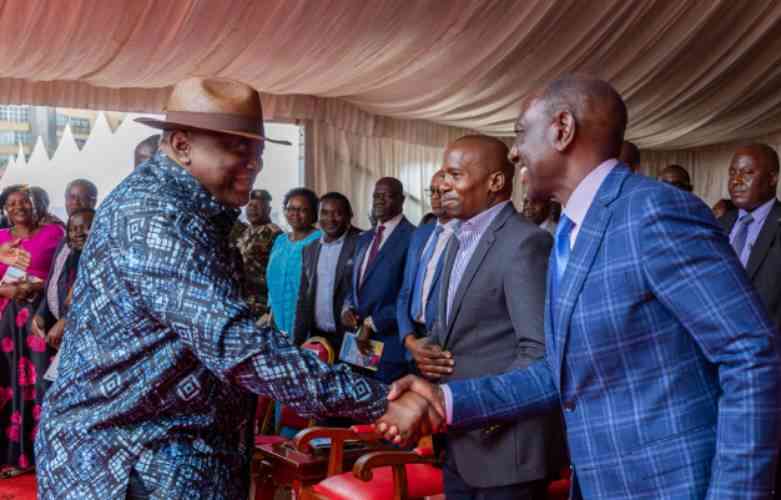Chicago aldermen failed to overturn Mayor Lori Lightfoot’s unpopular speed camera rules at Wednesday’s City Council meeting after a long, winding battle waged by one of the mayor’s top critics.
At issue was an ordinance that would have restored the 10 mph-over-the-limit minimum for speed camera citations, versus the 6 mph threshold enacted by Lightfoot as part of her 2021 budget.
The vote — which saw 18 aldermen support the higher minimum and 26 side against it — followed impassioned speeches by aldermen, mostly about the problems of speeding drivers and how to deal with them.
The proposal to raise the ticket threshold is one Ald. Anthony Beale, 9th, had tried month after month to bring to the City Council floor, most recently during a bitter showdown in June that led to the alderman likening Lightfoot’s leadership style to a “dictatorship” and the mayor snapping back with suggestions that he was sounding like former President Donald Trump.
Beale had said then that he believed he had the votes to pass his measure and felt it was undemocratic for the mayor to delay consideration. When Lightfoot allies used a legislative move to stall the vote, Beale used the same parliamentary trick on subsequent legislation from the Finance Committee as the two had the equivalent of a schoolyard meltdown.
Separately Wednesday, the council also cracked down on drivers involved in illegal drag-racing and auto stunts.
The issue of speeding citations divided the City Council in unexpected ways, with supporters of Beale’s position hailing from across the city and including at least six mayoral allies whom Lightfoot has put in positions of leadership on the council. Many who agree with Beale contend the matter is one of racial equity, as Black and Latino residents are disproportionately ticketed.
But Lightfoot also has a coalition of aldermen behind her who are troubled by a spate of recent traffic deaths that have killed pedestrians and bicyclists, one of whom was only 3 years old. The mayor’s transportation commissioner, Gia Biagi, has noted that Black and Latino residents are also the demographics most likely to be killed in traffic crashes.
Ald. Michelle Harris was the first to speak on the topic on the council floor and said she wouldn’t support the proposed change.
“We as a city are going to have to figure out what to do about the speed at which cars travel. … I’m not willing to turn back the clock because my community is saying you need to do something” about speeding cars, Harris said.
Ald. Daniel La Spata read out a list of names of more than a dozen pedestrians and bicyclists struck and killed by speeding cars in Chicago. Their ages ranged from 2 to 88.
“What are the choices that we wish we could have made differently to save their lives, for them to be with us today?” La Spata said. “I can’t stand here in good conscience and cast a vote that I know leads to more names on that list.”
Some aldermen said they want to see more cameras at dangerous intersections. Ald. Anthony Napolitano said the lack of response to his requests have made him skeptical of the program and said he would vote in favor of the higher threshold.
But Ald. Raymond Lopez said that while “I fully agree that cameras are helpful,” he asserted there’s a “hypocritical double standard” in where they’re distributed, making them an unfair tax burden in the communities where they exist.
“They’re not used for safety. It’s a cash cow,” he said.
Beale too stressed the inequity of how tickets are issued, argued the data shows the cameras are not about safety and said the tickets’ minimum should be raised to provide relief to people “who can least afford to continue to pay these fines and fees.”
“The majority of income is coming from the Black and brown communities,” Beale said, later adding “shame on you” while addressing his Black and Latino council colleagues.
Lightfoot said the cameras, by law, were installed throughout the city and are not clustered in minority areas. “It’s surreal to me we’re even having this discussion,” she said, given the scourge of speeding drivers.
After his measure faltered, Beale told reporters he wasn’t giving up but declined to elaborate on what options he has left.
“We always got a few things up our sleeve that we can work on. I’ve been around a little while,” Beale said.
:quality(70)/cloudfront-us-east-1.images.arcpublishing.com/tronc/QN4C2MZ2MNDJTKZN2VUXG2RCD4.jpg)
He also blamed his failure on the long time frame the mayor had thanks to her allies blocking previous votes.
“The more time you give the mayor to twist arms, then this is what you get,” Beale said. “She kept delay, delay, delay, and then started working people, talking to aldermen, to get them to change their votes.”
In the months leading up to the vote, Lightfoot and her administration had walked a fine line while rebutting Beale and other critics of the ordinance. For the most part, Lightfoot officials argued that the 6 mph threshold is a critical public safety measure, but they have also pointed to the revenue generated by the cameras as a reason to keep them in place.
She recently argued, for instance, that Beale’s ordinance is “an $80 million proposition” due to the amount of money the city would lose out on this year and next. That point was seemingly a powerful one for City Council members, since the next election is in February and aldermen generally don’t want to vote on new fines or tax increases leading up to elections.
Among the mayor’s vigorous attempts to protect her policy was releasing a statement last month imploring residents directly to call their aldermen and ask them to vote no on the speed camera rollback when it was still in the hands of the Finance Committee. When that didn’t work, she sent another statement blasting the decision and listing all 16 aldermen who voted yes by name, saying their choice was “simply unconscionable.”
It had appeared likely that Lightfoot would have vetoed the measure had it passed. She has not used her veto power since taking office in 2019.
According to city data, 174 people were killed in traffic crashes in Chicago last year. That was up from 151 deaths in 2020 and 120 in 2019, though many of the deaths last year were not in areas where the speed cameras are present.
Lightfoot lowered the speeding ticket minimum as part of her 2021 budget, arguing it would make city streets safer and saying she did not do it to raise more money. Though she campaigned on a pledge to end Chicago’s “addiction” to fines and fees, the mayor said safety-related issues such as speeding deserve tougher enforcement.
Nonetheless, the new standards have proved lucrative and drawn loud rebukes from Beale and others who contend the mayor is trying to balance Chicago’s books on the backs of poor and working-class residents who can ill afford the new $35 tickets each time they get busted.
The city sent out over 1.6 million of the $35 speed camera tickets in 2021, even though Lightfoot’s new rules didn’t take effect until March. Just in the first two months, the city issued $11 million in fines for those caught going 6 to 10 mph over, a Tribune investigation found. Nearly 900,000 warnings were also sent out to drivers caught going 6 to 9 mph too fast in the month before the lower threshold started.
Drivers are also charged $35 if the cameras catch them going 10 mph over the limit, and $100 tickets go out to those caught driving 11 or more mph too fast. While in office, former Mayor Rahm Emanuel put those guidelines in place for the speed cameras; Beale’s ordinance would revert to the 10 mph ticket minimum.
The cameras are intended to be aimed near parks and schools, where people on foot, bike riders and children may be present. And while pedestrian and bicycle safety organizations tend to support the 6 mph ticket minimum on the grounds that it gets motorists to slow down, many Chicago drivers resent yet another example of the city nickel-and-diming them, and aldermen complain the cameras in some cases aren’t really close to schools or parks.
Lightfoot included the change within her massive 2021 budget package, so aldermen did not have to vote on it specifically then.










:quality(70)/cloudfront-us-east-1.images.arcpublishing.com/tronc/Q44I2FNWJFB77MJ64NW3SEQP3M.jpg)






Discussion about this post